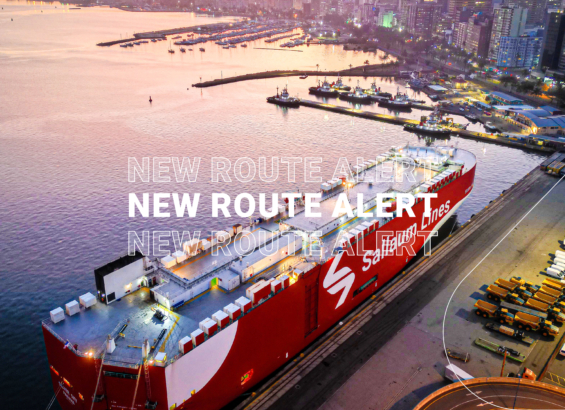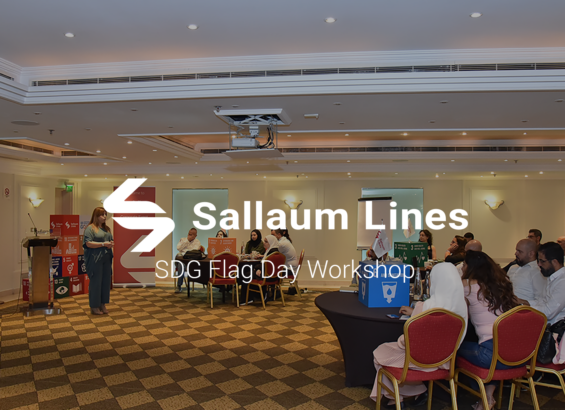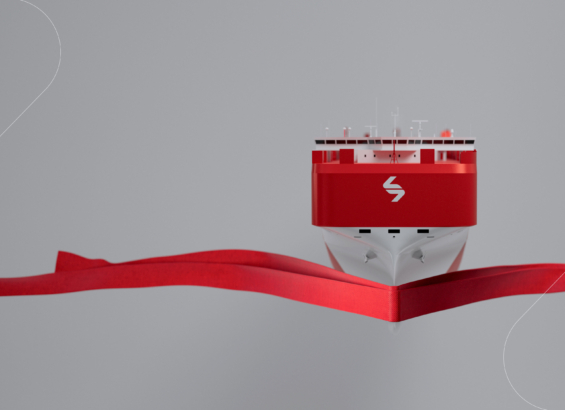News
Sallaum Lines’ Transition to Safe Bunkering with Biofuels
Sallaum Lines’ Transition to Safe Bunkering with Biofuels
As concerns about climate change escalate, the shipping sector is under increasing pressure to switch to cleaner fuels. As such, Sallaum Lines is taking action and responding to the challenge, demonstrating that transitioning away from fossil fuels can be both practical and beneficial to the environment. The maritime industry is shifting away from traditional fuels, largely due to initiatives like those of the Silver Moon vessel that will adopt biofuels starting in 2025.
The Shift Toward Sustainability
Sallaum Lines expects to receive numerous biofuel supplies totaling around 3,400 metric tons in 2025. This strategy is expected to save around 1,000 metric tons of CO2 equivalent emissions. This strategic investment demonstrates the company’s alignment with environmental safeguarding, which is crucial in light of the current climate catastrophe.
Silver Moon operates on a biofuel blend of 90% Very Low Sulfur Fuel Oil (VLSFO) and 10% Fatty Acid Methyl Esters (FAME). This combination reduces harmful emissions and offers a more sustainable fuel profile compared to traditional petroleum-based options. As interest in alternative fuels grows, Sallaum Lines sets a remarkable example for the industry, challenging conventional practices that have persisted for decades.
Conclusion
In conclusion, Sallaum Lines’ transition from fossil fuel to biofuel illustrates a pivotal shift in the maritime industry’s approach to sustainability. As they implement this change with Silver Moon, the company’s impact is noteworthy: saving substantial amounts of CO2 emissions while addressing the pressing need for cleaner fuel alternatives. However, the challenges and critiques surrounding biofuels must not be overlooked, as the industry grapples with ensuring a future that is both environmentally and socially responsible. Sallaum Lines demonstrates that moving towards greener fuel sources is possible as well as setting the stage for ongoing discussions about how the maritime sector can evolve in alignment with global sustainability goals.



